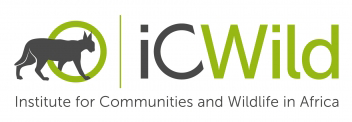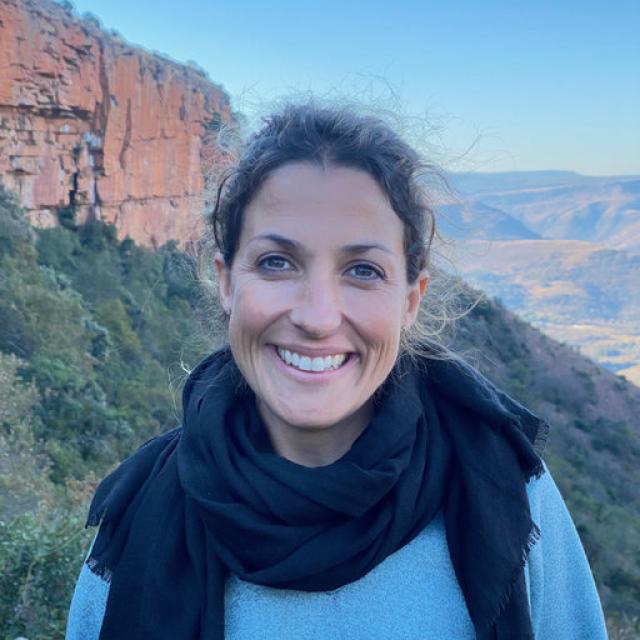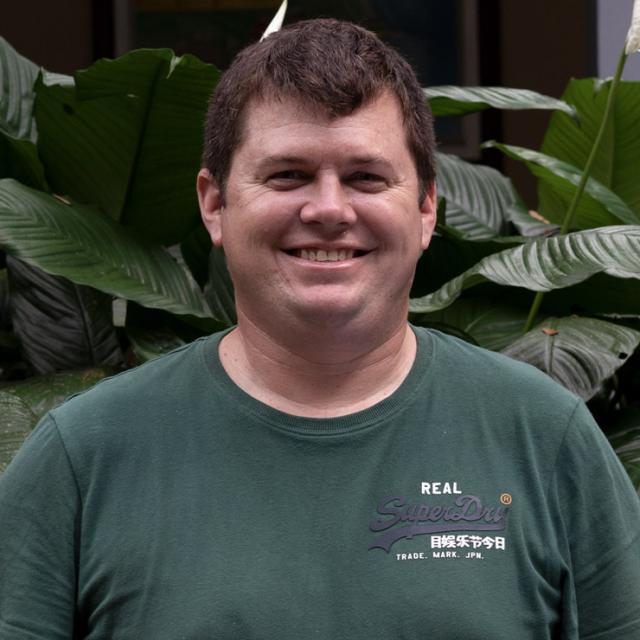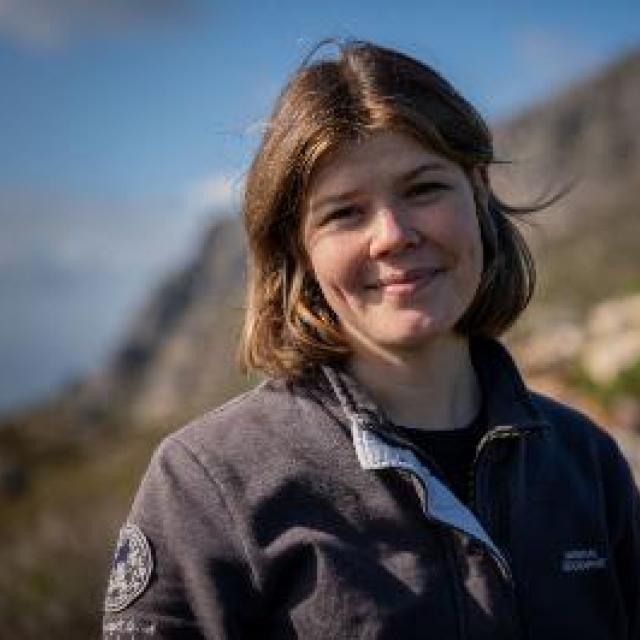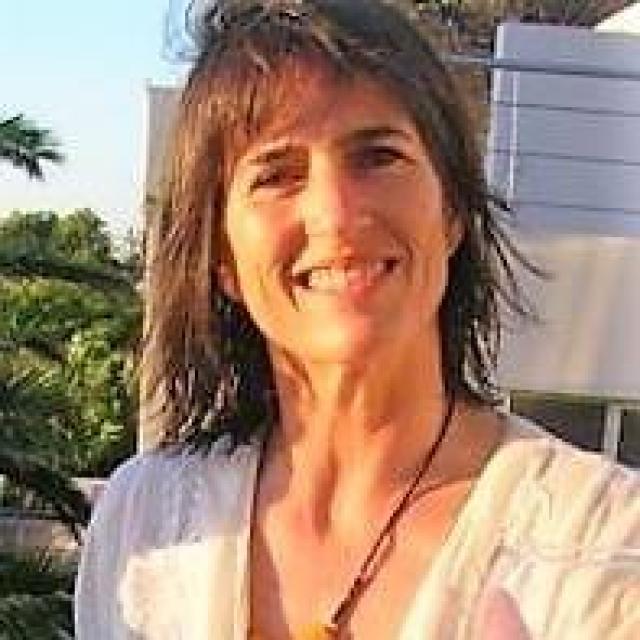Leadership
Our team is based at the University of Cape Town (UCT) and has two Directors: Professor Justin O’Riain in Biological Sciences, and Professor Nicoli Nattrass in Economics. Our executive team includes one Postdoctural researcher (Dr Zoe Woodgate), who supports inclusive decision making and ensures that the needs and insights of students are properly incorporated into the institute’s strategy.
Our advisory board consists of five UCT staff members, including the deans of both the Science and Commerce faculties, the Head of Department for Biological Sciences and the manager for the Percy Fitzpatrick Institute Centre of Excellence.
Researchers
Postgraduate students form the bulk of the institute’s research team. iCWild currently has 22 postgraduates, including 11 doctoral students, 10 Masters students and one honours student. Student projects cover a range of topics and focus on a range of species. Our collaborations with conservation NGOs and professional bodies greatly increases our capacity to fund and educate these young scientists in conflict research. Our capacity is further strengthened by our honorary research associates and key collaborators.
Staff
Professor Justin O'Riain
Professor Justin O’Riain is a behavioural ecologist with a special interest in understanding and mitigating conservation conflicts in southern Africa. He obtained his PhD at UCT in 1996 on the evolution of sociality in naked mole-rats with a subsequent postdoc on meerkats with the Universities of Cambridge and Paris. Gainful employment took the form a senior lectureship at UCT in 2002 and he is currently a full professor and Director of iCWild. Justin's goal is to grow iCWild into an international brand of interdisciplinary research excellence with both local and global impact in the field of conservation conflicts.
Within the fields of behavioural ecology and conservation biology, Justin continues his long-term work on the proximate and ultimate causes of sociality in mammals while including a strong research emphasis on the importance of behavioural studies in deriving sustainable solutions to mammal species in conflict with humans in southern Africa.
Justin is Academic Advisor to three NGOs (Panthera, Cape Leopard Trust and Save our Seas Foundation) and currently leads projects funded by Forestry South Africa, WWF South Africa, and the National Research Foundation. He is the recipient of the prestigious NRF Presidents Award, UCT Young Fellows Award, and UCTs Distinguised Teacher Award.
Professor Nicoli Nattrass
Prof Nicoli Nattrass is a development economist in the School of Economics at UCT with an inter-disciplinary background in social science. She has a doctorate from Oxford (where she was a Rhodes Scholar) and is a regular visiting professor at Yale where she teaches a course on Human-Wildlife Conflict in Africa.
Nicoli won the UCT teachers award in 2001 and has twice won the UCT book award: in 2005 for 'The Moral Economy of AIDS in South Africa', and in 2014 for 'The AIDS Conspiracy: Science Fights Back'. Her published work (80 journal articles and 11 books) is predominantly on the political economy of inequality and health in South Africa, the interface between science and society, and more recently, on human-wildlife conflict. See here and here.
Nicoli’s work in iCWild focusses on the socio-economic determinants of poison use, and the role of science, economics and culture in shaping policy and practice. She conducts mixed-methods (quantitative and qualitative) research including conducting and analysing social surveys, focus groups, in-depth interviews and historical research.
Dr Jacqueline Bishop
Conservation Genetics; Animal ecology; Adaptive vs Neutral Genetic variation; Mating systems; Wildlife health
My research interests center on the use of molecular, behavioural and ecological data to understand (i)the relative contributions of genetic drift and selection in shaping variation in natural populations of vertebrates, (ii) the impacts of anthropogenic land-use change on natural populations, and (iii) the health implications of these changes for wildlife. This involves a range of molecular and ecological approaches to elucidate evolutionary genetic histories from the level of individuals and parentage assignment to the analysis of genes, populations and species. I have an ongoing interest in the evolutionary drivers of mate choice behaviour, together with understanding the relative importance of adaptive genetic variation in free-living populations. Working within this framework I use a number of taxa as models to test current theories. These have included crocodiles, rhinoceros, baboons and mole-rats, and more recently seabirds, bats and caracal.
